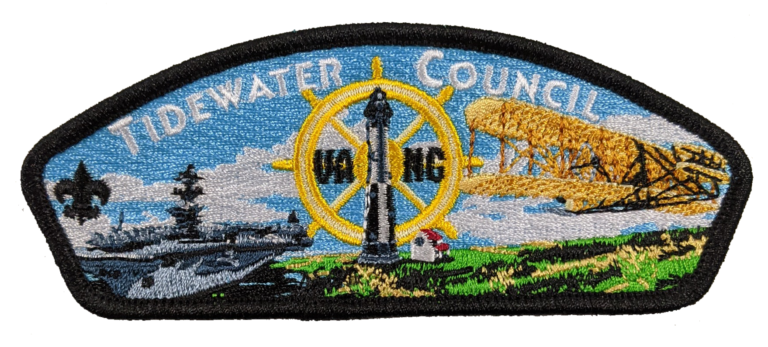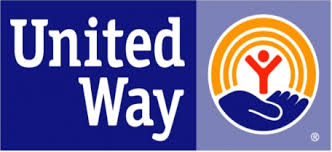The Council Training Committee is interested in building the best training team in the BSA. We believe that training is best delivered to adults and youth when trainers are not only very experienced in the topic, but know and understand the methods and practices that BSA considers most effective and keep up to date on the latest changes.
What you need to do …. First, contact your local District Training Chair or the Council Training Chair to express your interest. (contact info HERE). Usually, we will want to know about your personal level of training knowledge and experience. But, before making that call, it’s probably a good idea to put together your Scouting “resume” outlining your involvement and participation in Scouting, including Scouting training experience. That will allow us to understand more about your background and better determine how you might best fit the District or Council training needs. You might believe you already possess all of the qualifications to become a BSA trainer based on your professional background or experience as a trainer in other areas. So you might also want to prepare a self assessment to help you evaluate your own readiness to become the best BSA trainer possible.
After talking with the District or Council Training Chair, we’ll work with you to obtain any needed training, including Scouting “Train-the-Trainer” courses taken and determine how you might best contribute to the training needs of the District and Council.
While many may desire to be a trainer, not all will be called upon to serve as trainers, nor are all who desire to train best suited to be a trainer. The council training committee, working with the district training chair, is ultimately responsible for determining who will be qualified to be a trainer and determining how many trainers are required to meet the demands of the council and district and to ensure conformance with the high standards of trainer qualifications set by the council training committee. The council training committee and district training chairs are also responsible for identifying the most experienced trainers with the best training skills. Only then can the training remain at the highest quality level and ensure that best experience for course attendees. If you are not asked to serve on the training staff, that does not mean that you cannot serve in many other ways to support training in your unit by keeping fellow volunteers informed about upcoming training and encouraging them to obtain all the training they can. More trained leaders equates directly to better program for the youth.

